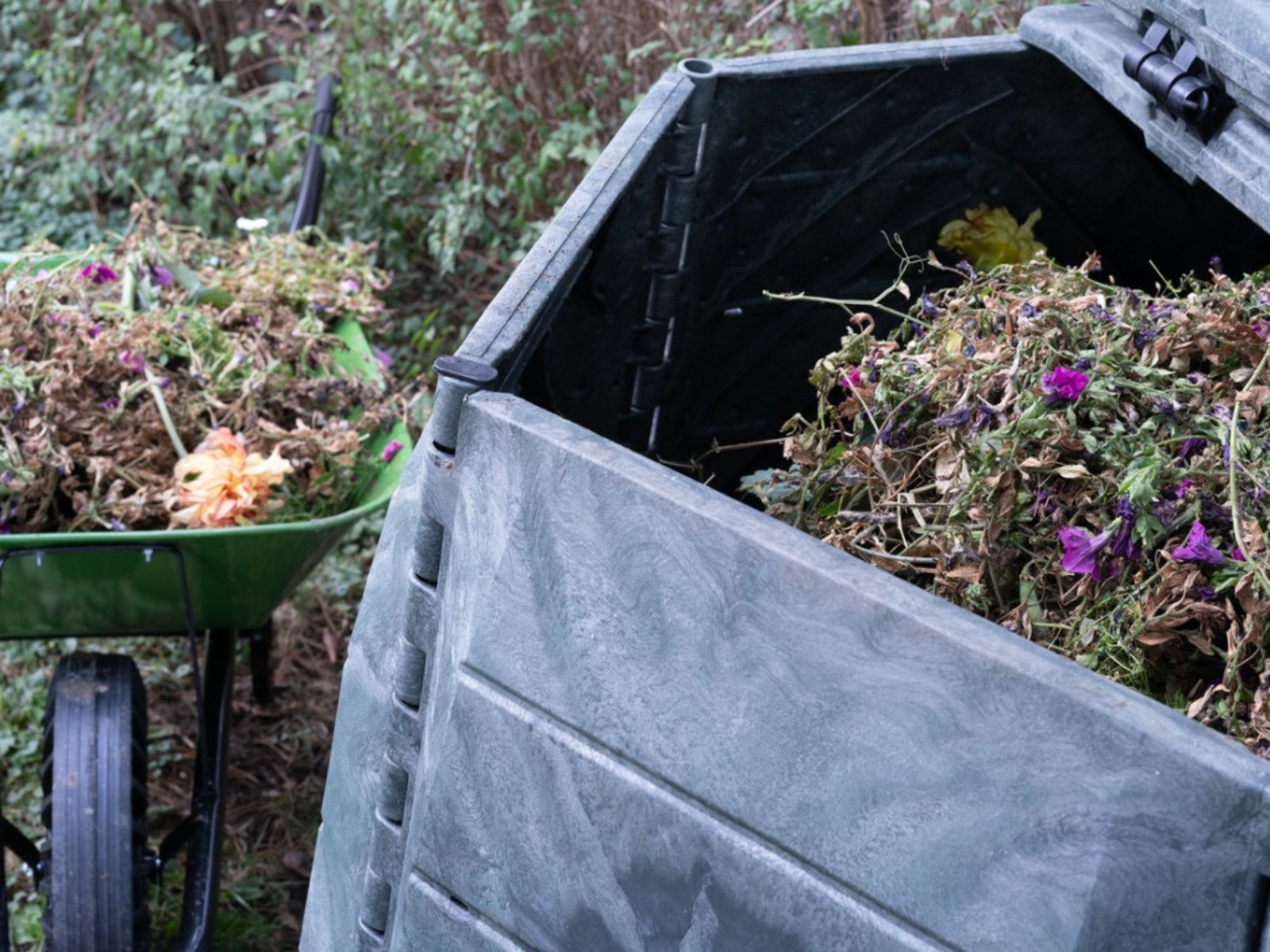Can I Compost My Weeds - Putting Weeds In The Compost Bin


Can I compost my weeds? This is a typical question for beginner composters. The question is important because when adding compost to your garden beds you run the risk of introducing unwanted plants. The secret is to ensure that no viable weed seeds or roots survive the process.
Can You Compost Weeds?
The problem of having weeds in the compost bin is the possibility of getting weeds in your garden. Seeds and roots that survive composting can crop up in your beds. Sometimes this means getting a little volunteer tomato plant or a zucchini. When the volunteers are weeds, it’s a lot less fun. You’ve just added to your weeding chore.
This doesn’t mean you can’t compost weeds. As plants in the compost pile decompose, it gets pretty hot. If the temperature is high enough, weed seeds will die and won’t be a problem later. The pile may not get hot enough though, and also there may be cooler pockets that harbor weeds.
How to Compost Weeds
Compost from weeds can be perfectly safe and full of good nutrients. The secret is hot composting - ensuring the compost gets hot enough to kill any seeds and roots. Here’s how to do it:
- Turn the pile regularly and frequently to make sure everything in the pile gets to be in the hot zone in the center.
- Give your compost pile time to heat up and avoid adding new plant material to it. Start a second pile if you have more material to compost before the first is ready.
- Check the temperature with a compost thermometer. It should reach 145 degrees Fahrenheit (63 C).
Another Way to Use Weeds in Compost
Another way to put weeds to use without risking getting their viable seeds into the compost is to make them into a liquid fertilizer. Soak weeds in water for about a month and then strain. The resulting liquid can be diluted and used to safely add nutrients to beds.
Sign up for the Gardening Know How newsletter today and receive a free copy of our e-book "How to Grow Delicious Tomatoes".

Mary Ellen Ellis has been gardening for over 20 years. With degrees in Chemistry and Biology, Mary Ellen's specialties are flowers, native plants, and herbs.